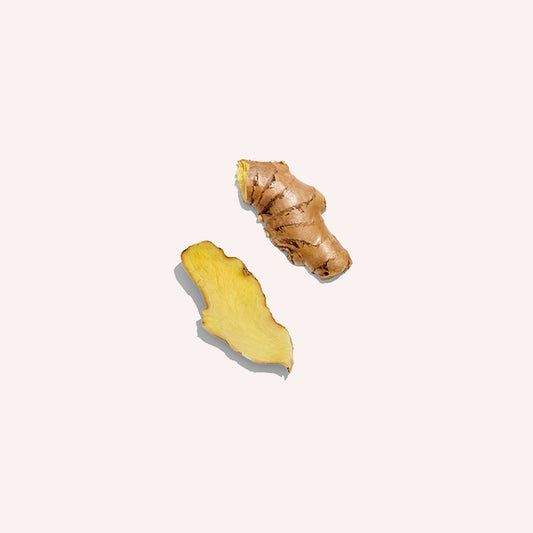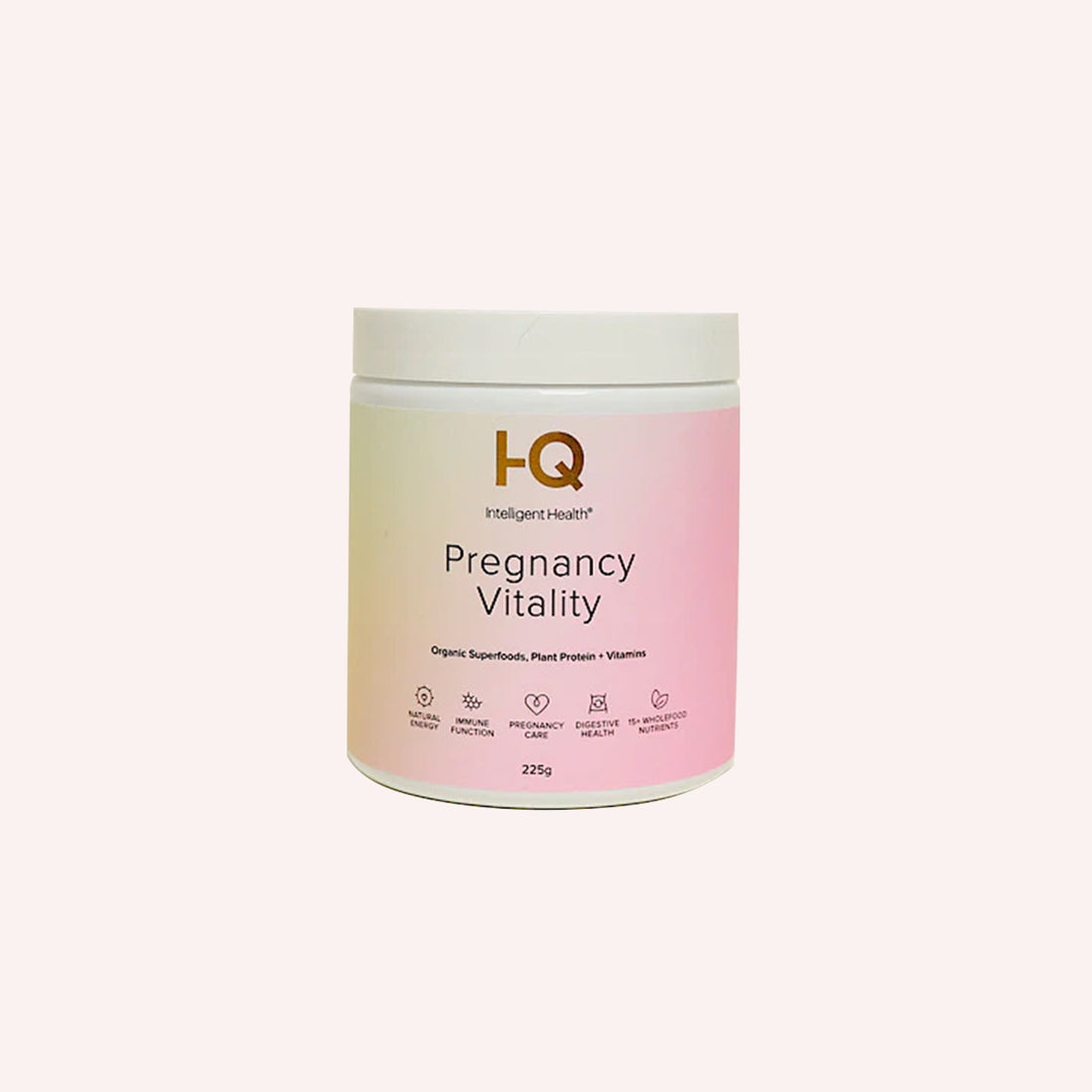WHAT’S NORMAL AND WHAT’S NOT.
Yep, it’s real, it’s the worst, but you will get through it.
Who, What, When … WHY!?
If you are within the 70-85% of pregnant women who experience morning sickness, it will most likely occur during the First Trimester (with a significant sting round weeks 6-12) and subside from week 14 to 20. Some women will experience morning sickness throughout the majority of their pregnancy and around 3% of women will be diagnosed with Hyperemesis Gravidarum. Hyperemesis Gravidarum is the most severe and debilitating degree of morning sickness, often leading women into hospital at some points.
Due to fluctuating hormone levels, lower blood sugar levels, potentially changed sleeping patterns and a change in the way your body metabolizes carbohydrates (we’re not just referring to bread and pasta here but rather any food containing fructose and glucose) pregnant women may feel the lows of dreaded nausea - not dissimilar to a hangover - all day, everyday, for a period of weeks or months. It’s grim, but remember to keep your eye on the prize.
When To Call The Doc
Yes, it is ‘common’ for pregnant women to feel nauseous during phases of pregnancy but there are absolutely cases when medical attention and help is required.
- If you notice that your urine is extremely dark - call the doc.
- If you are unable to keep any food or liquid down and you are vomiting uncontrollably, or multiple times per day - call the doc.
- If you notice your vomit is dark brown in colour or blood stained - call the doc.
Calling your OBGYN, your midwife or your GP for guidance and care is critical for both mum and baby. When in doubt… call the doc!

Survival Tips
To encourage some reprieve, the following approaches may help;
- Snack Smart, Snack Often.
Food containing Vitamin B6 (think Vegemite toast, sweet potato chips, bananas and avocado), have been shown to reduce nausea. Similar to this, sipping on ginger tea or chamomile tea may also help. Regularly topping your belly up with small meals is encouraged as nausea on an empty stomach will perpetuate the discomfort. - Pass The Pot.
Avoid cooking when and where possible as the smells and sights of certain foods can trigger your already queasy gut! - Make Friends with Mint. Carrying mints, mouthwash or a toothbrush in your bag is advised. After eating and drinking, it’s a good idea to take your tastebuds back to neutral territory.
- Take 5.
Feelings of nausea are often aligned with an increased body temperature, so stepping outside and into the fresh air may help. You can also try applying a cold compress to your forehead or the back of your neck. - Breathe.
Don’t write-off the benefits of slow and controlled breathing! A good place to start? Repeat this sequence for a few minutes or so; breathe in through your nose, hold for 3 seconds and then slowly exhale. Breathing techniques are a form of meditation. Meditation can recover a sense of control helping us to cope with the physical side effects of nausea. - Post Supper Time Supplements.
Aim to take pregnancy supplements after dinner and before bed. The vitamins present in many prenatal supplements (such as vitamin C, folate and iron) can increase acid production in the stomach… a no, no for sea-sick bellies! (Please check the timing of all supplement ingestion with your health practitioner before changing any pre-existing habits, as every pregnancy is different. You can never be too careful).








